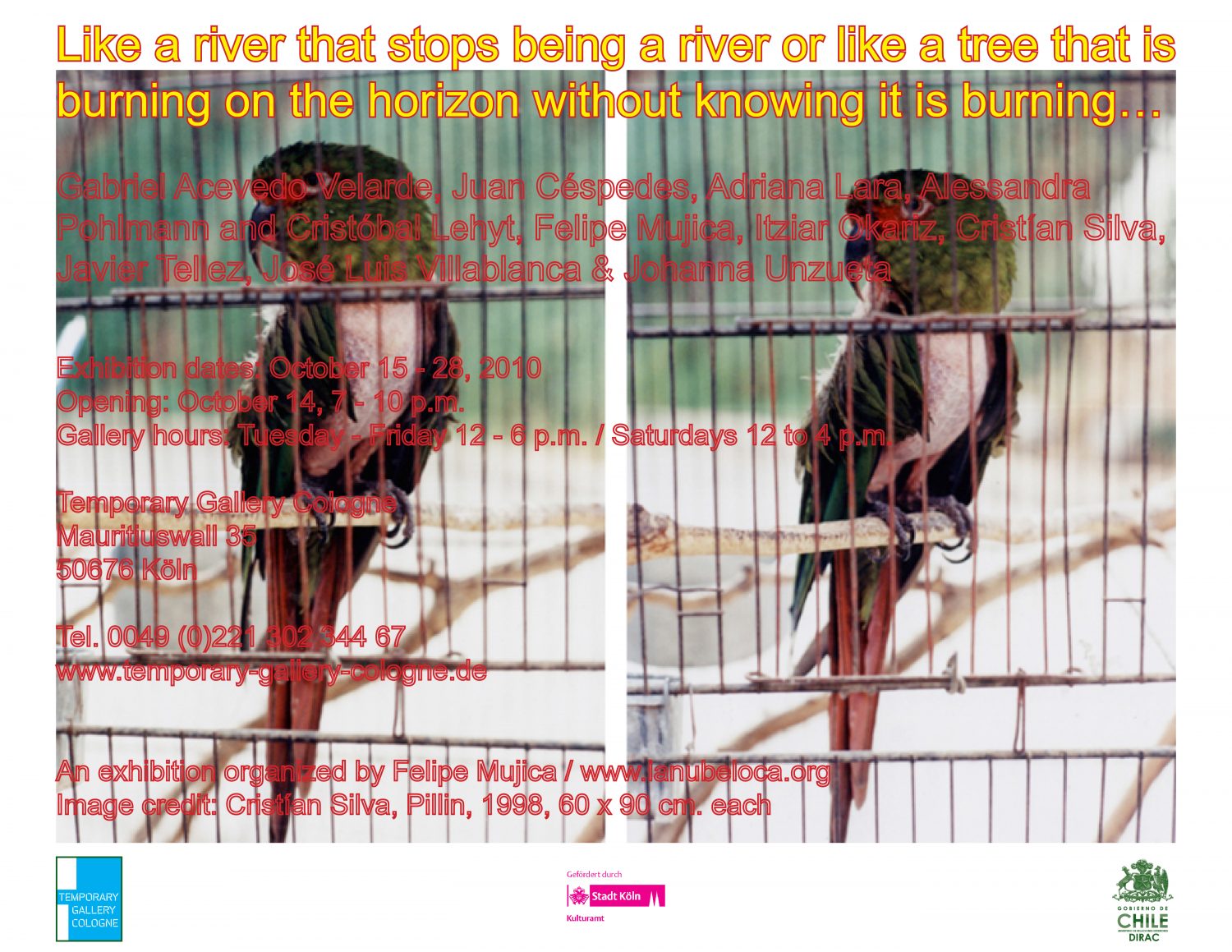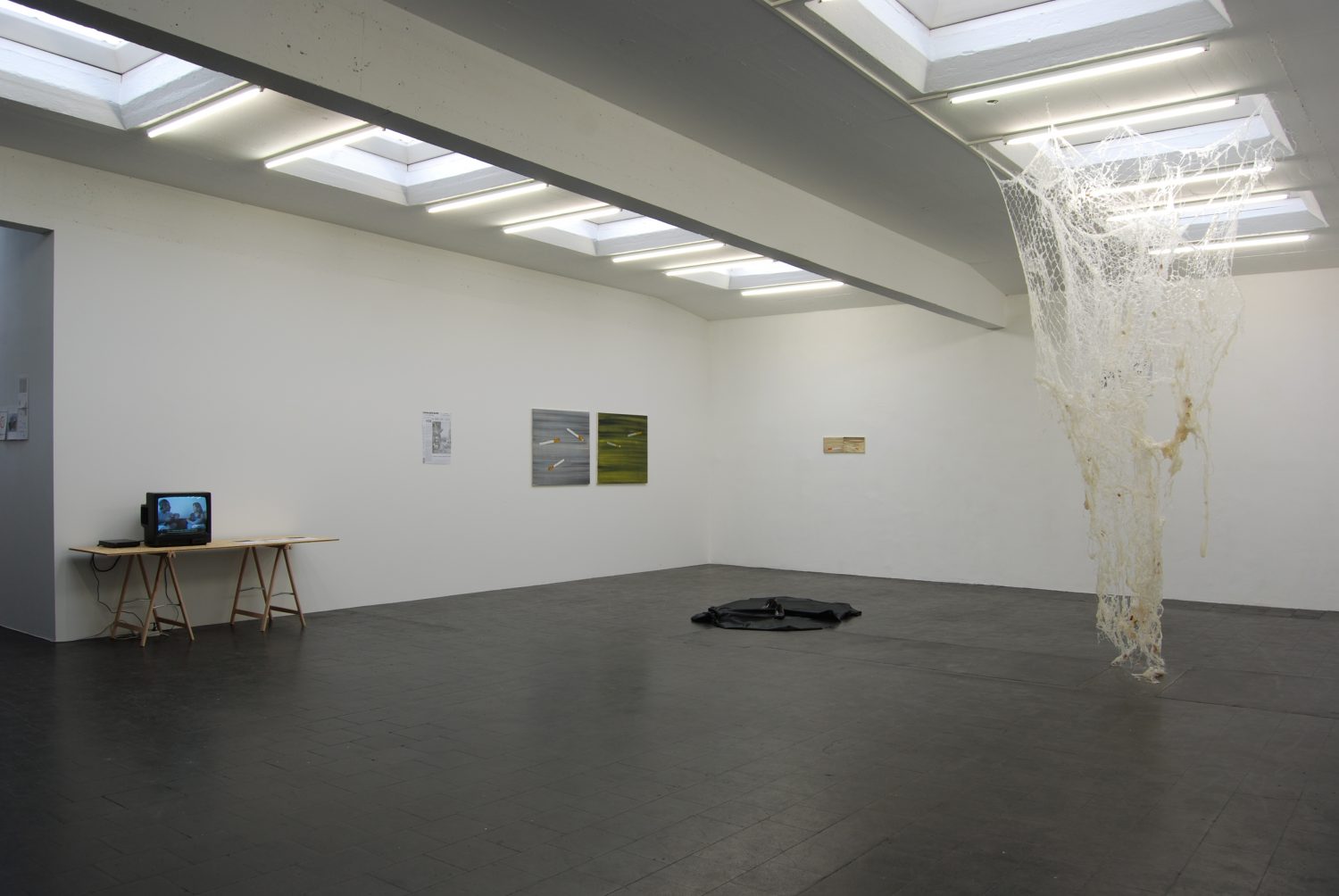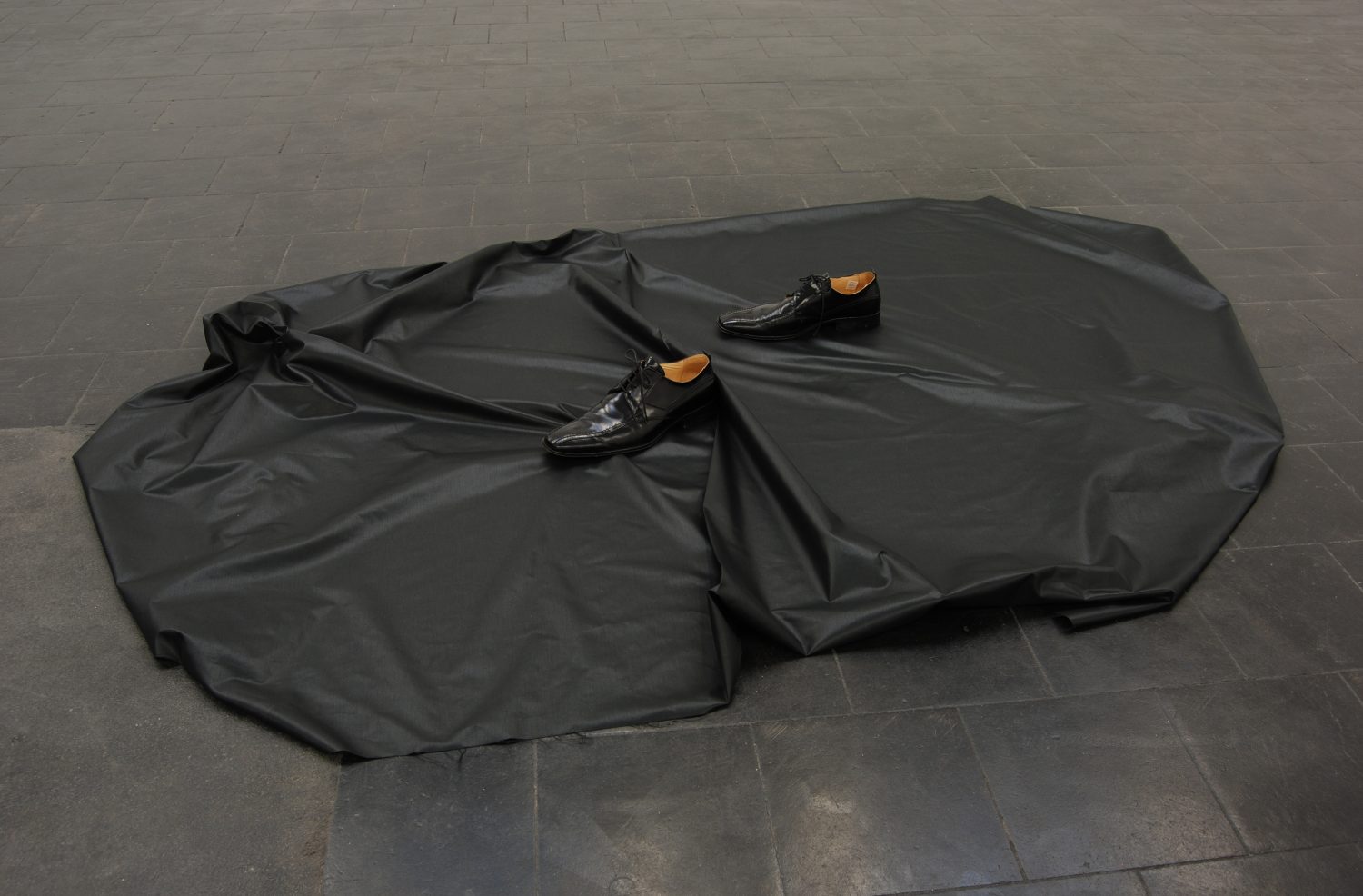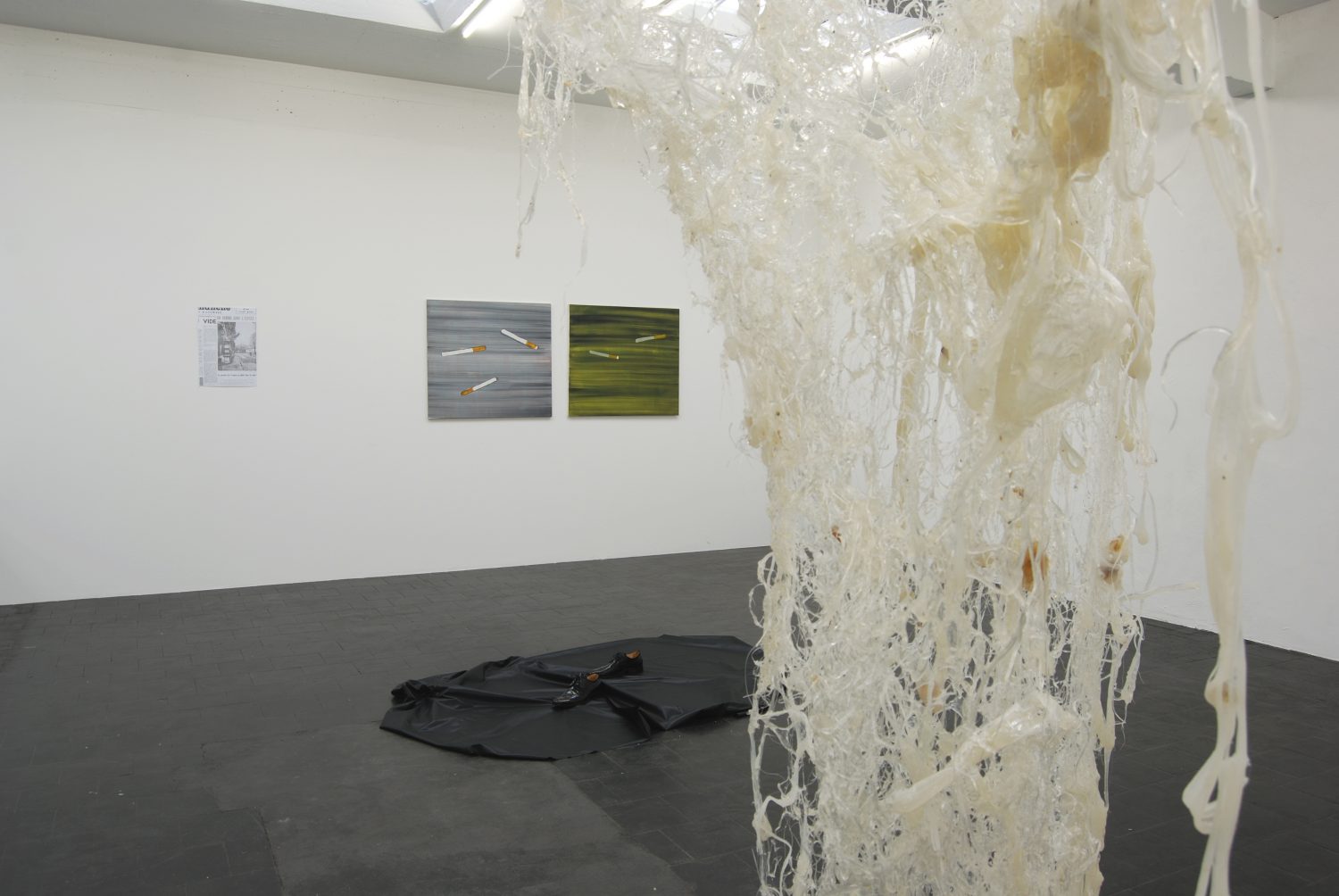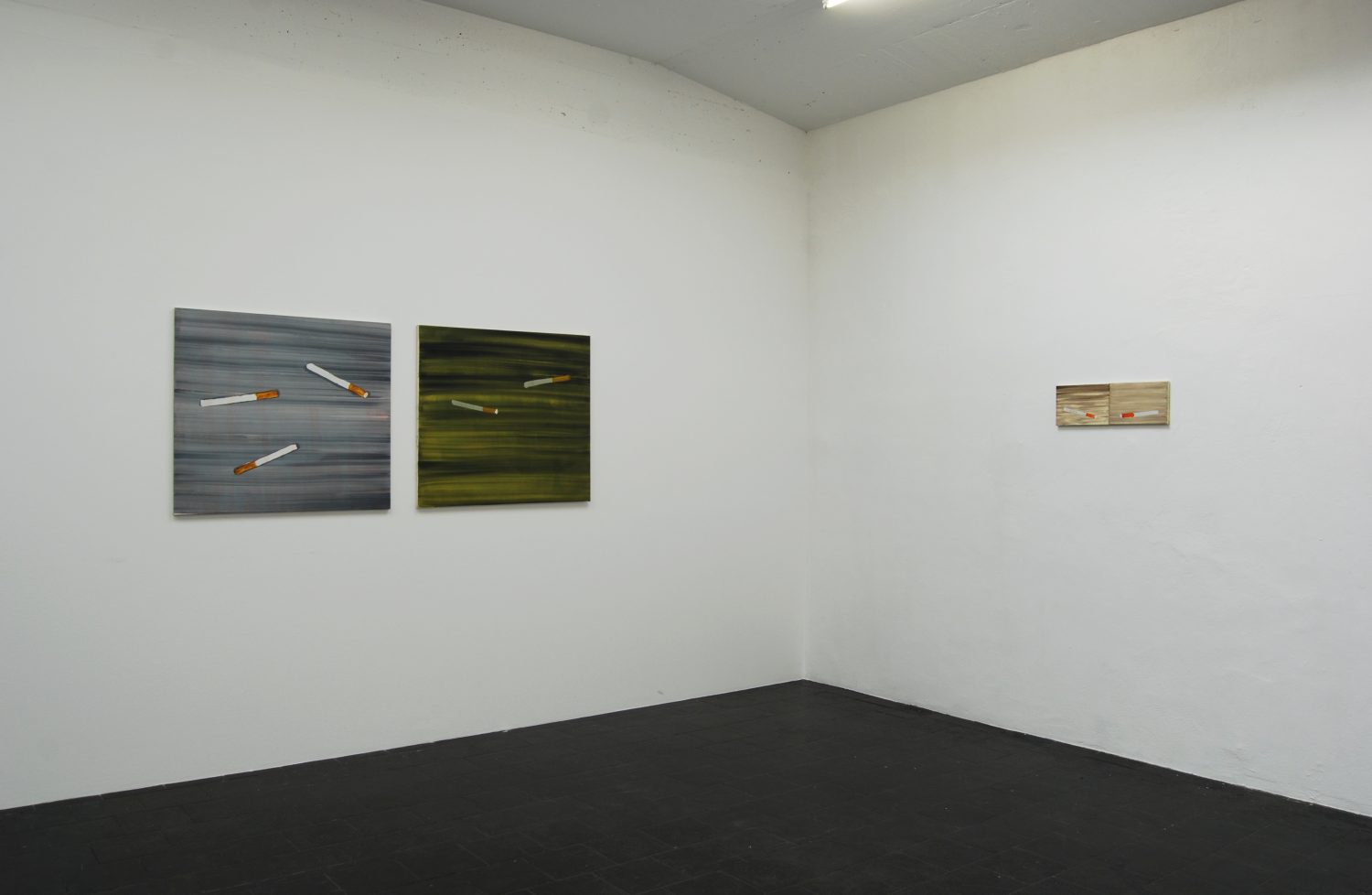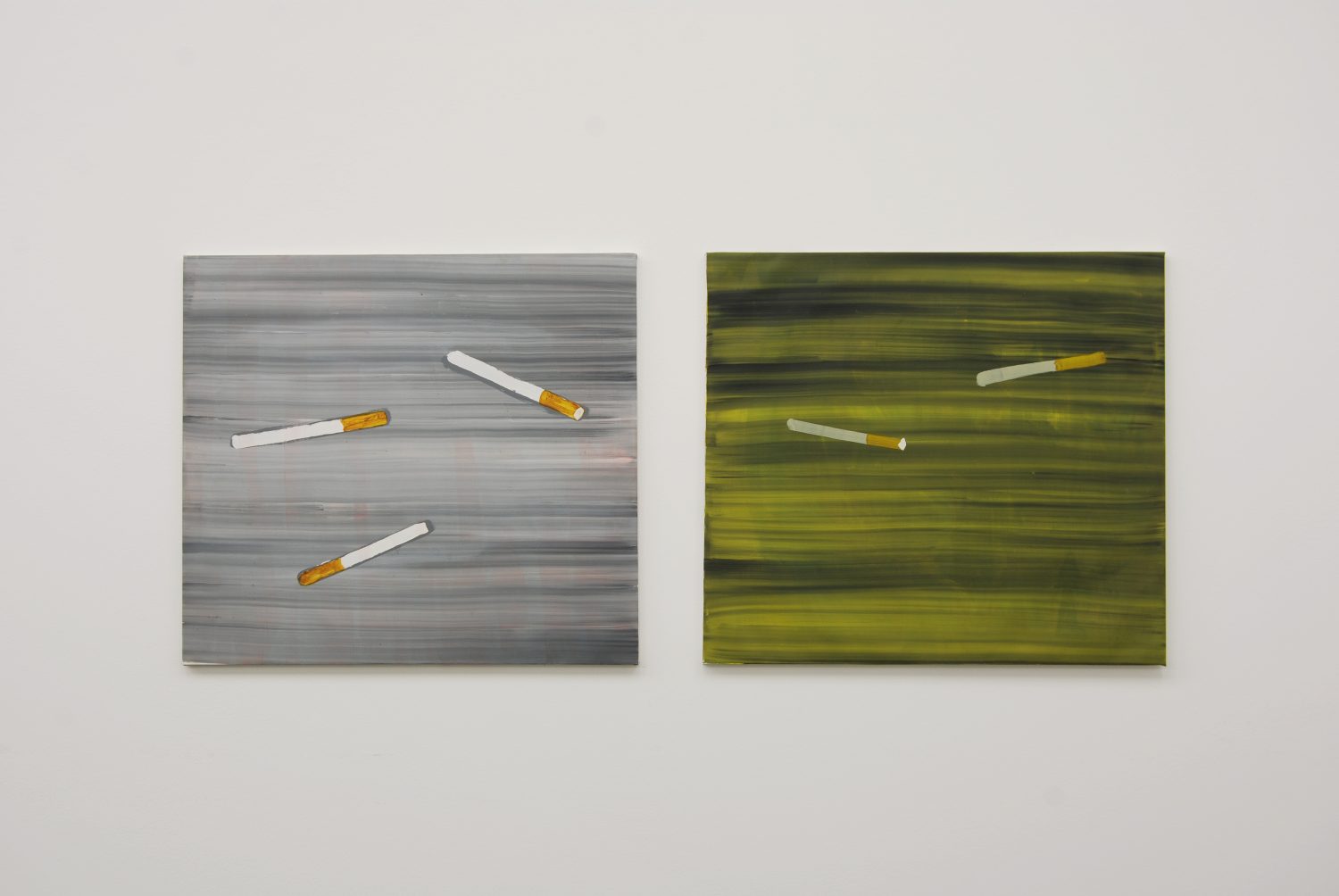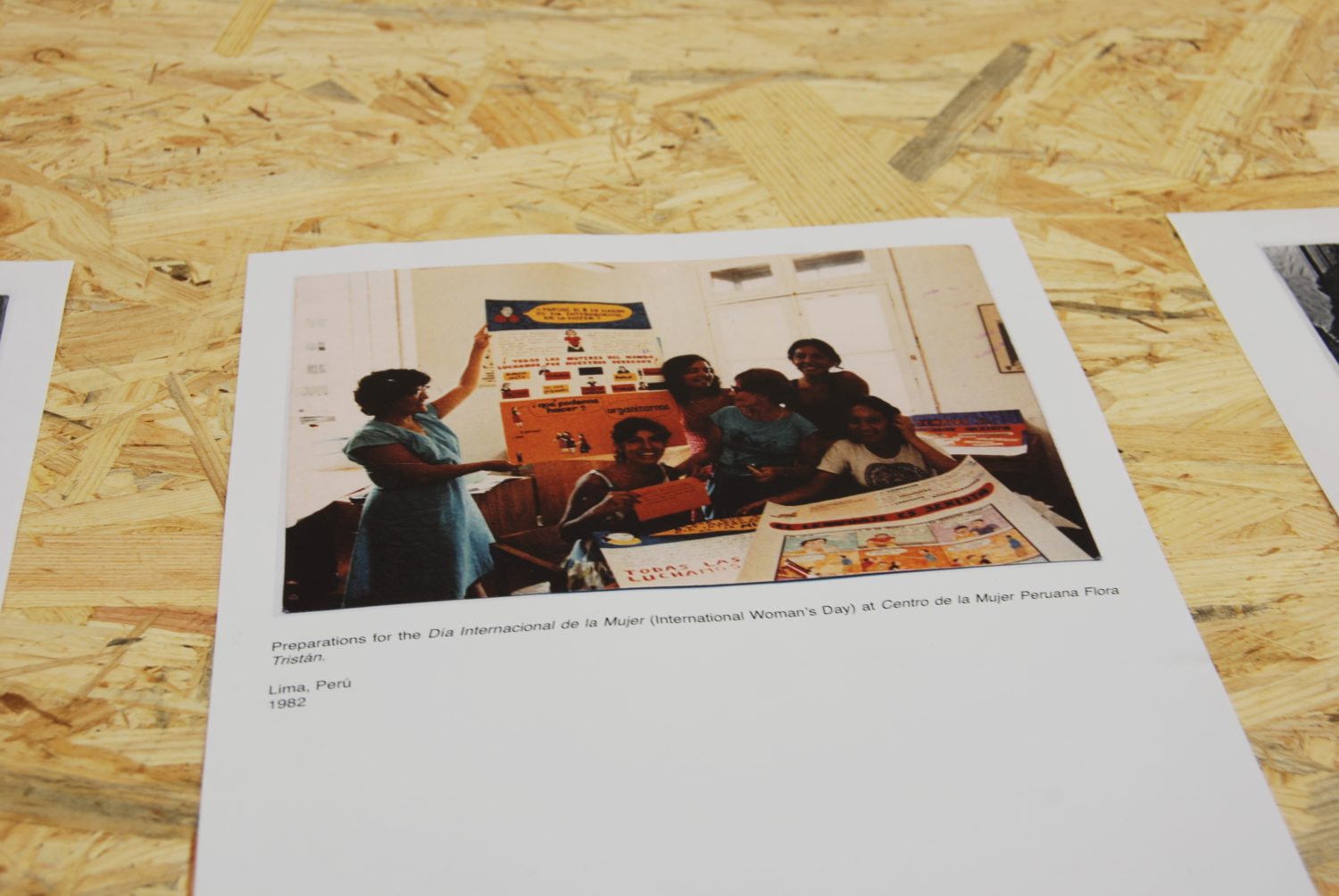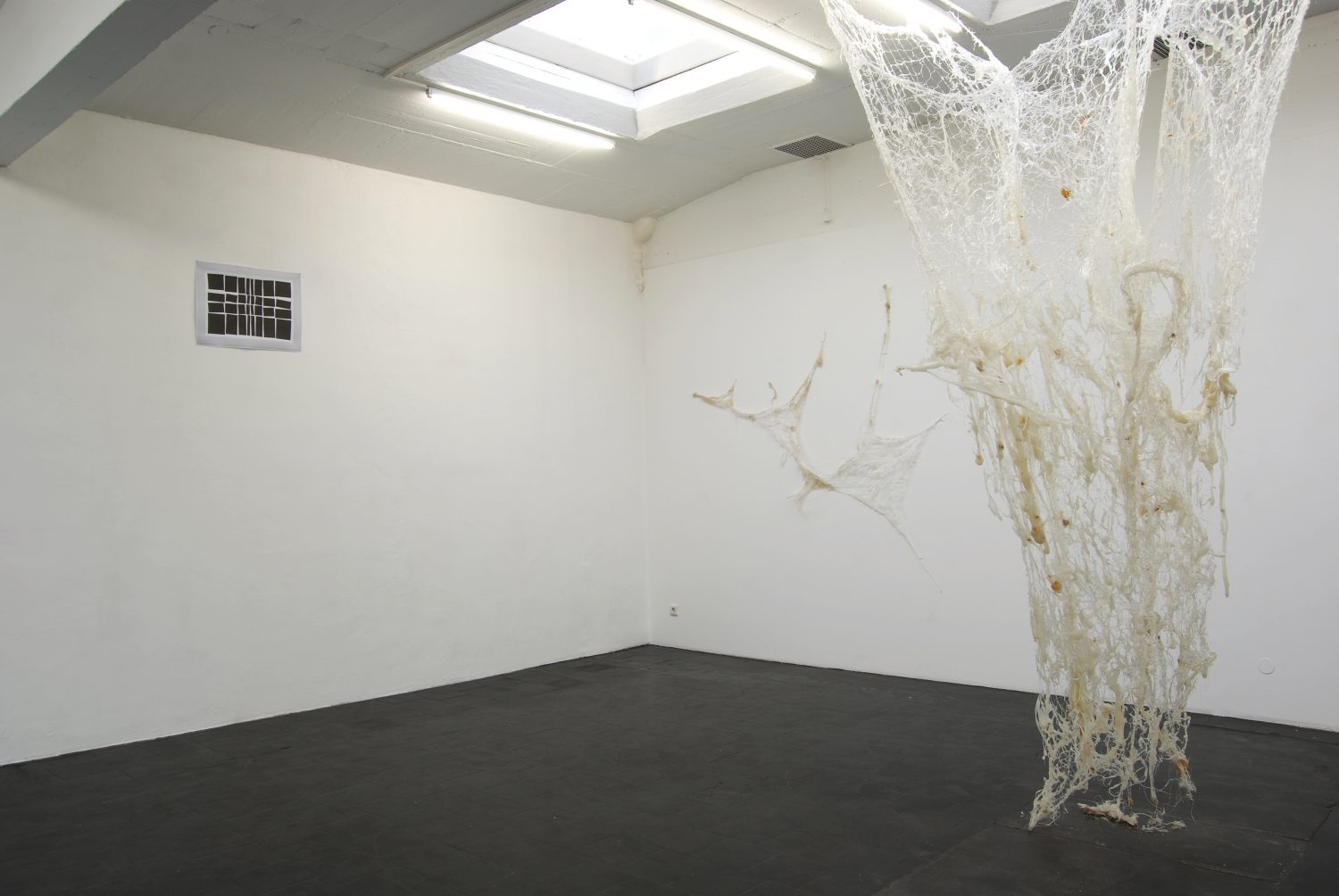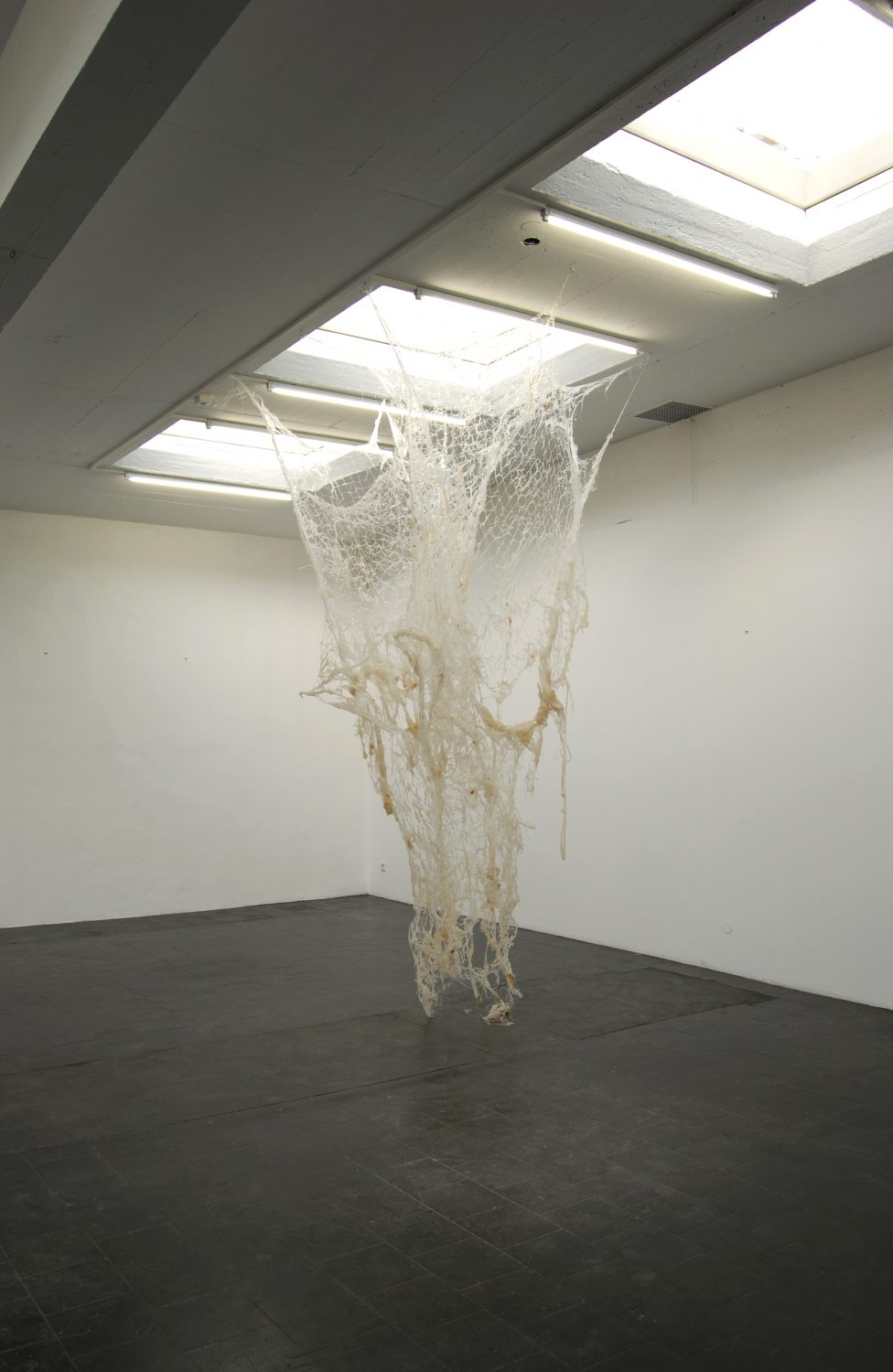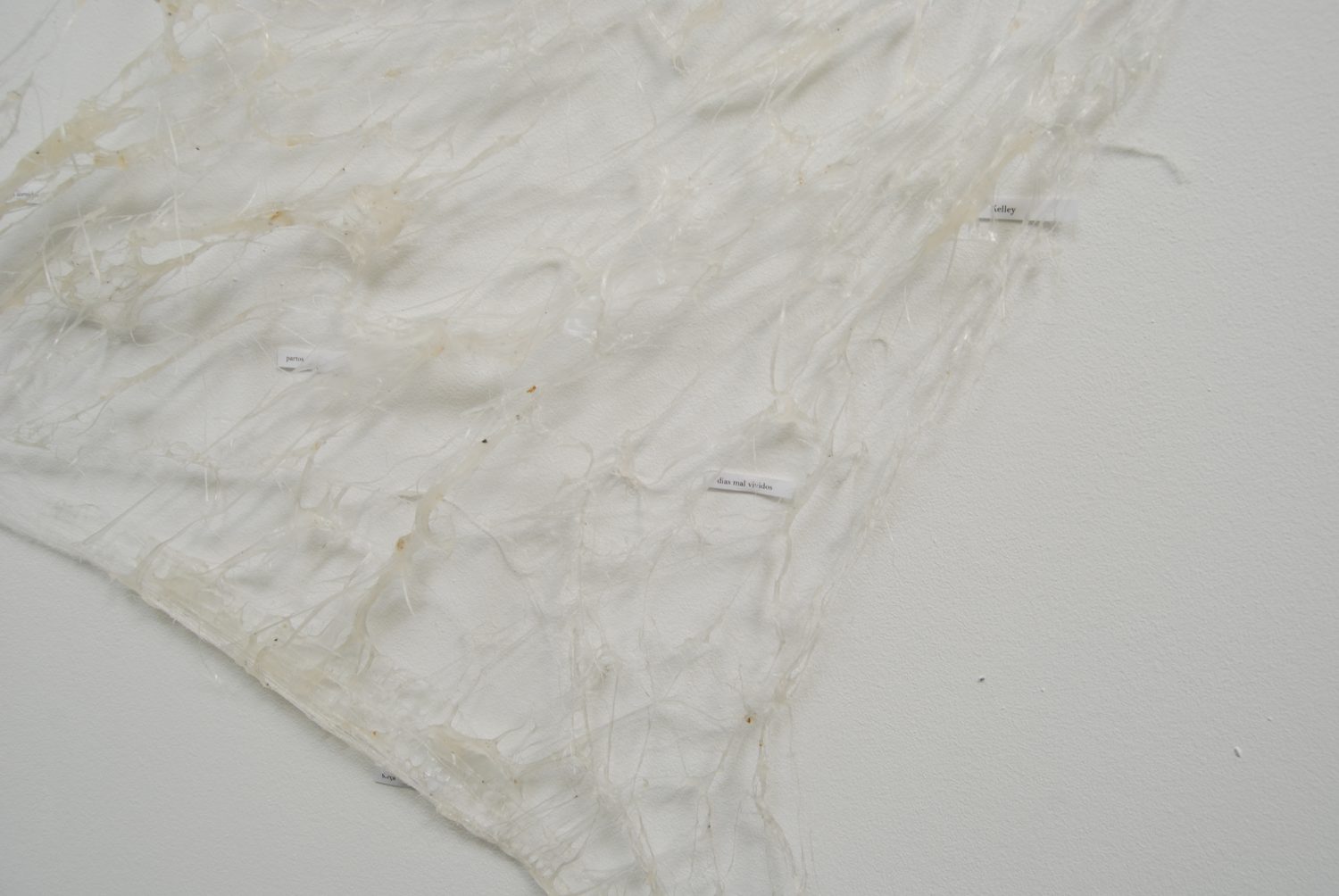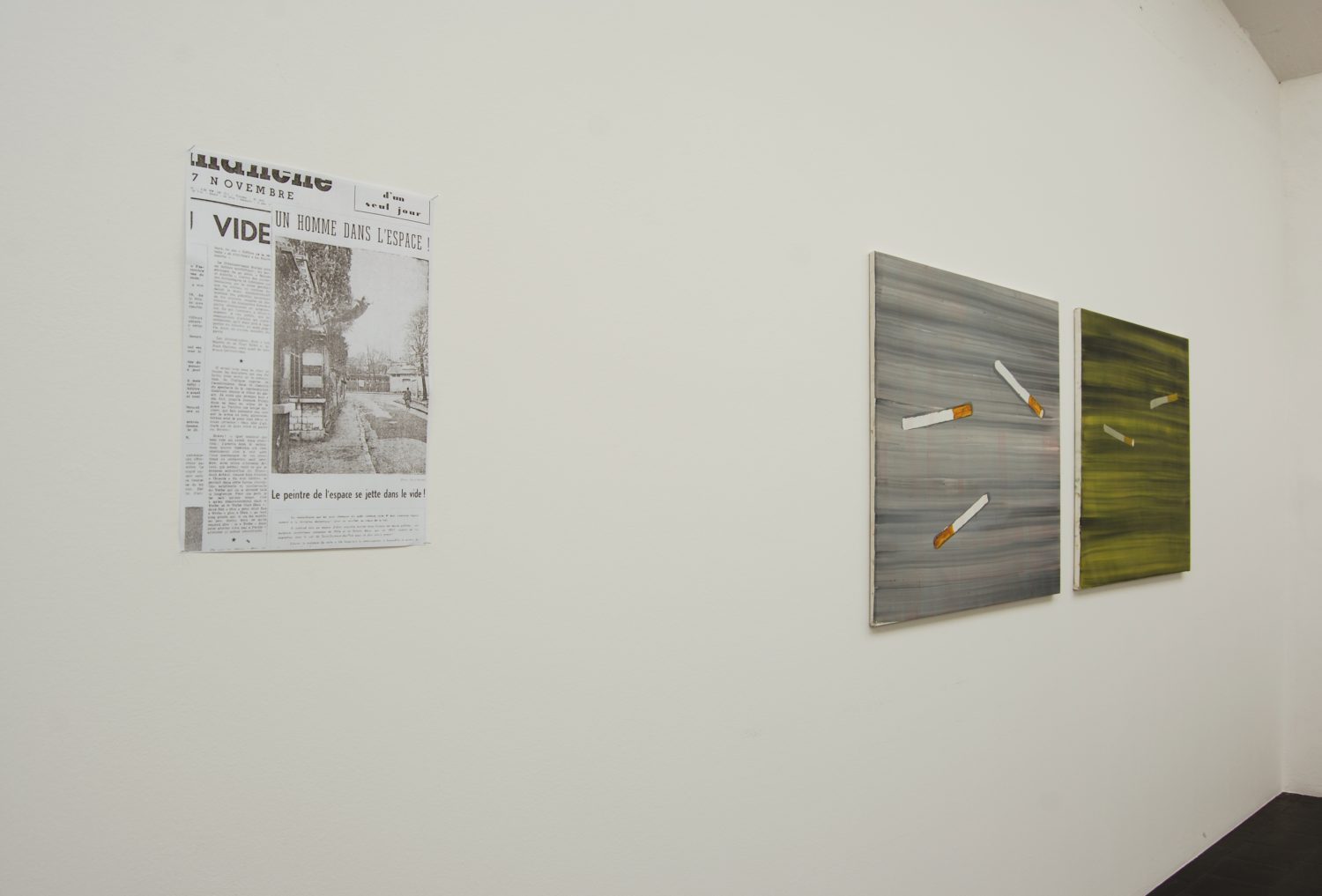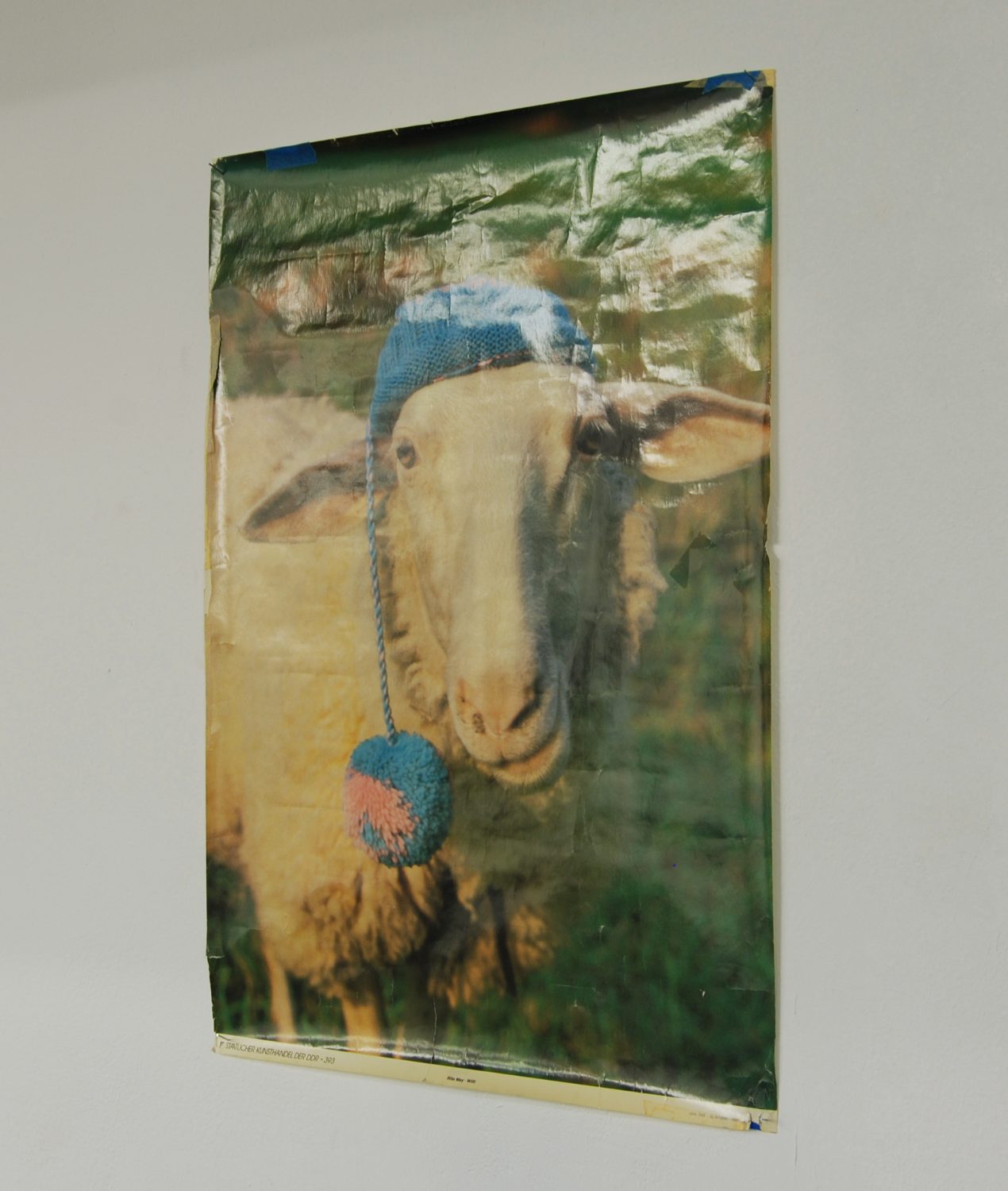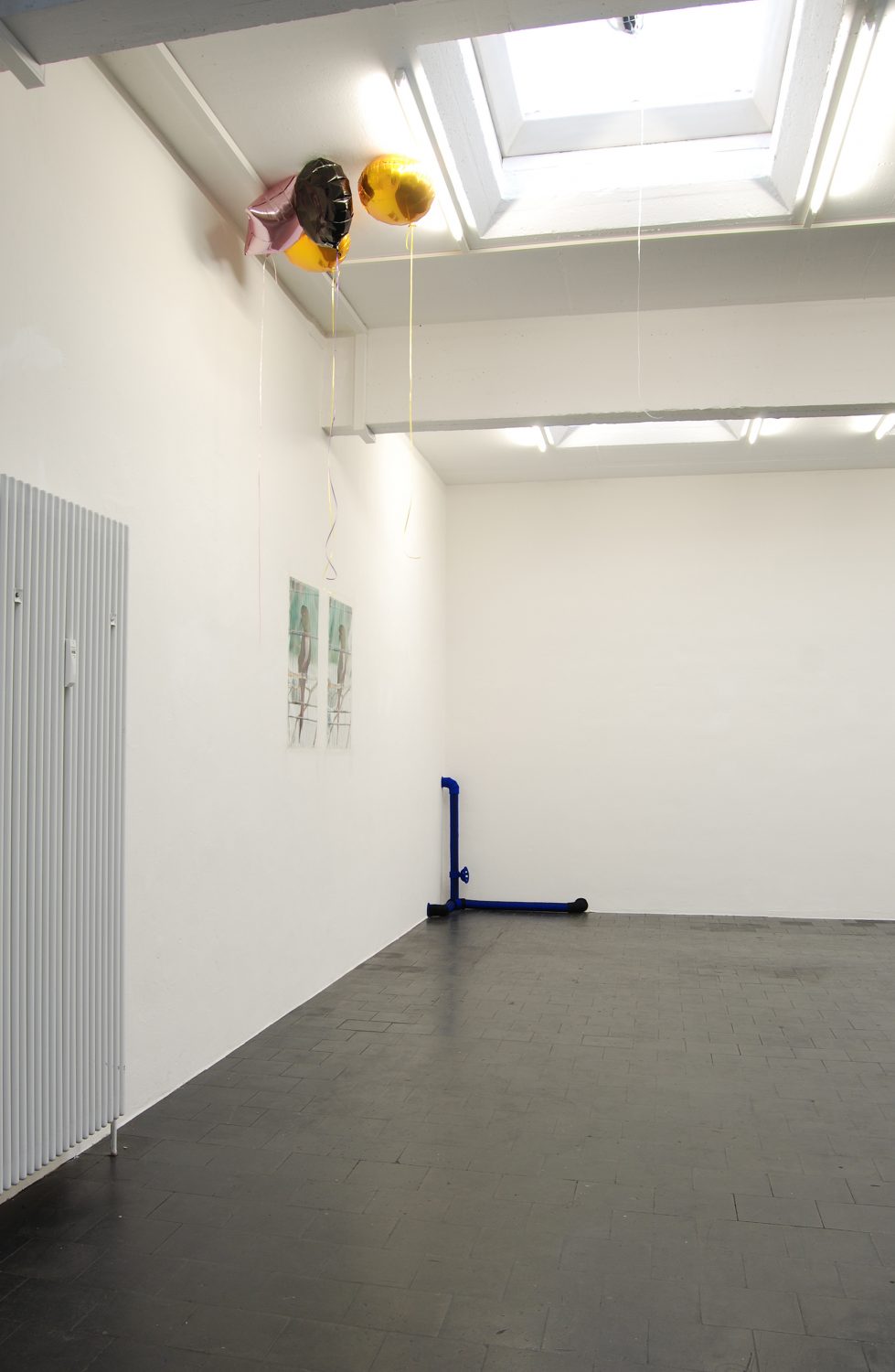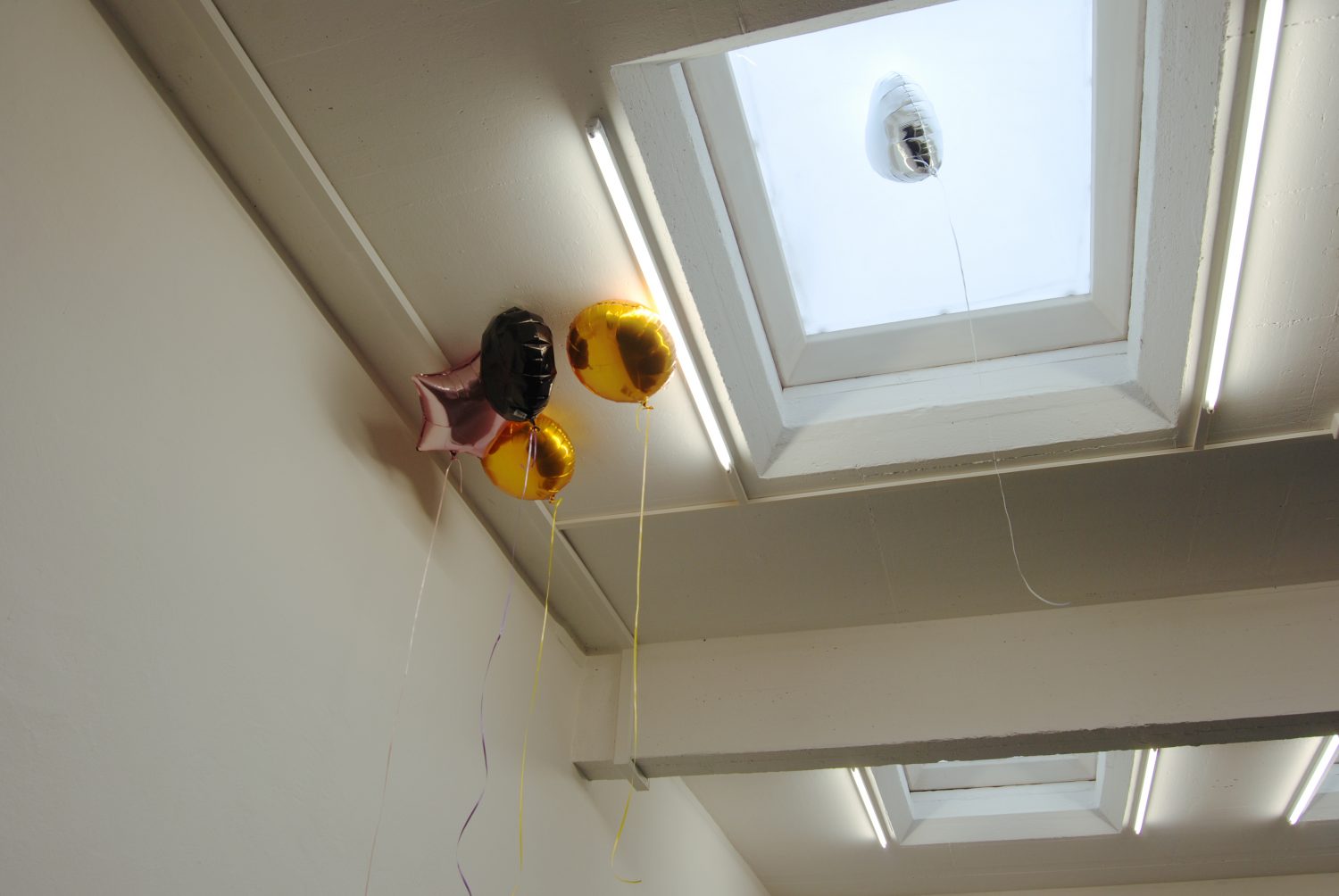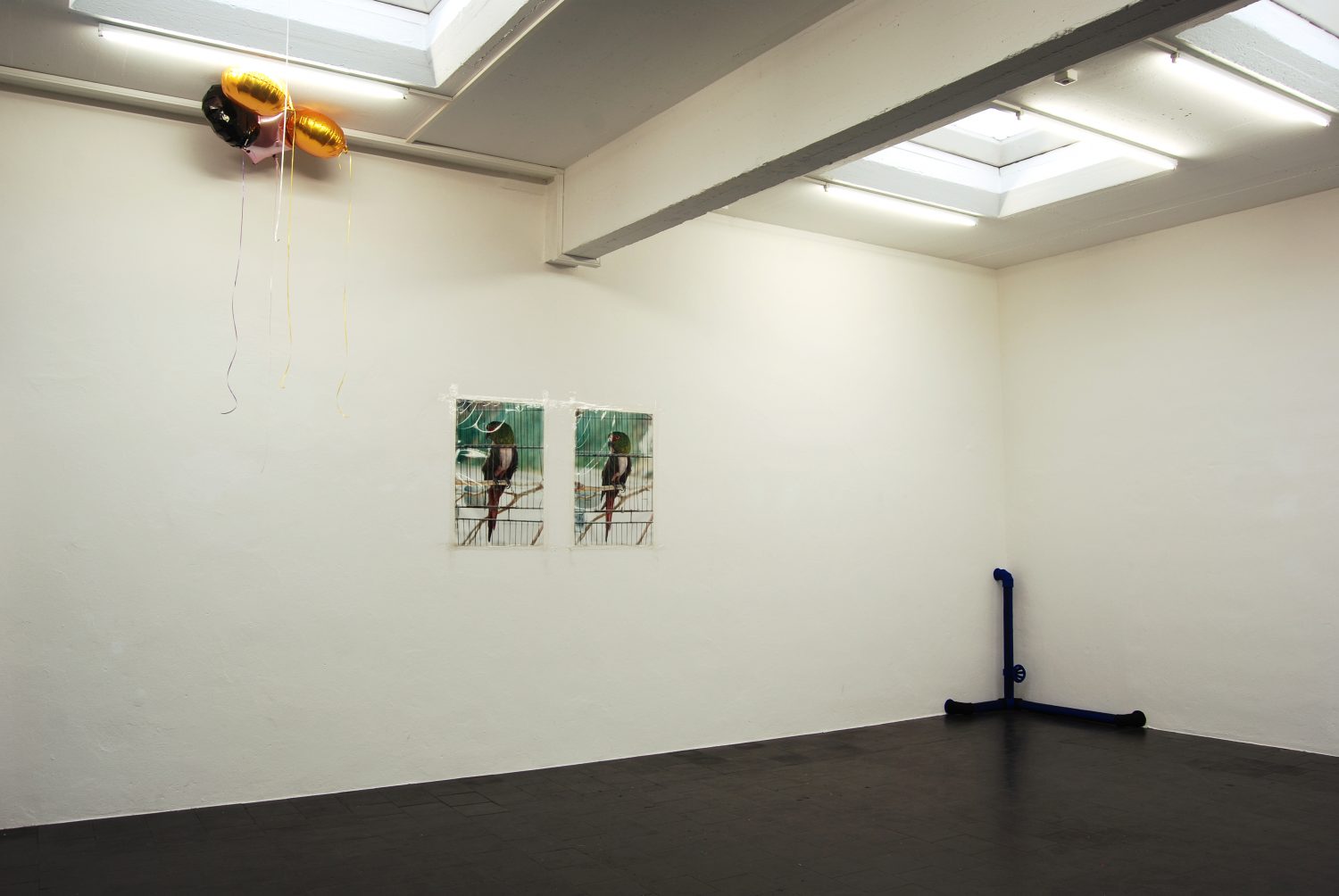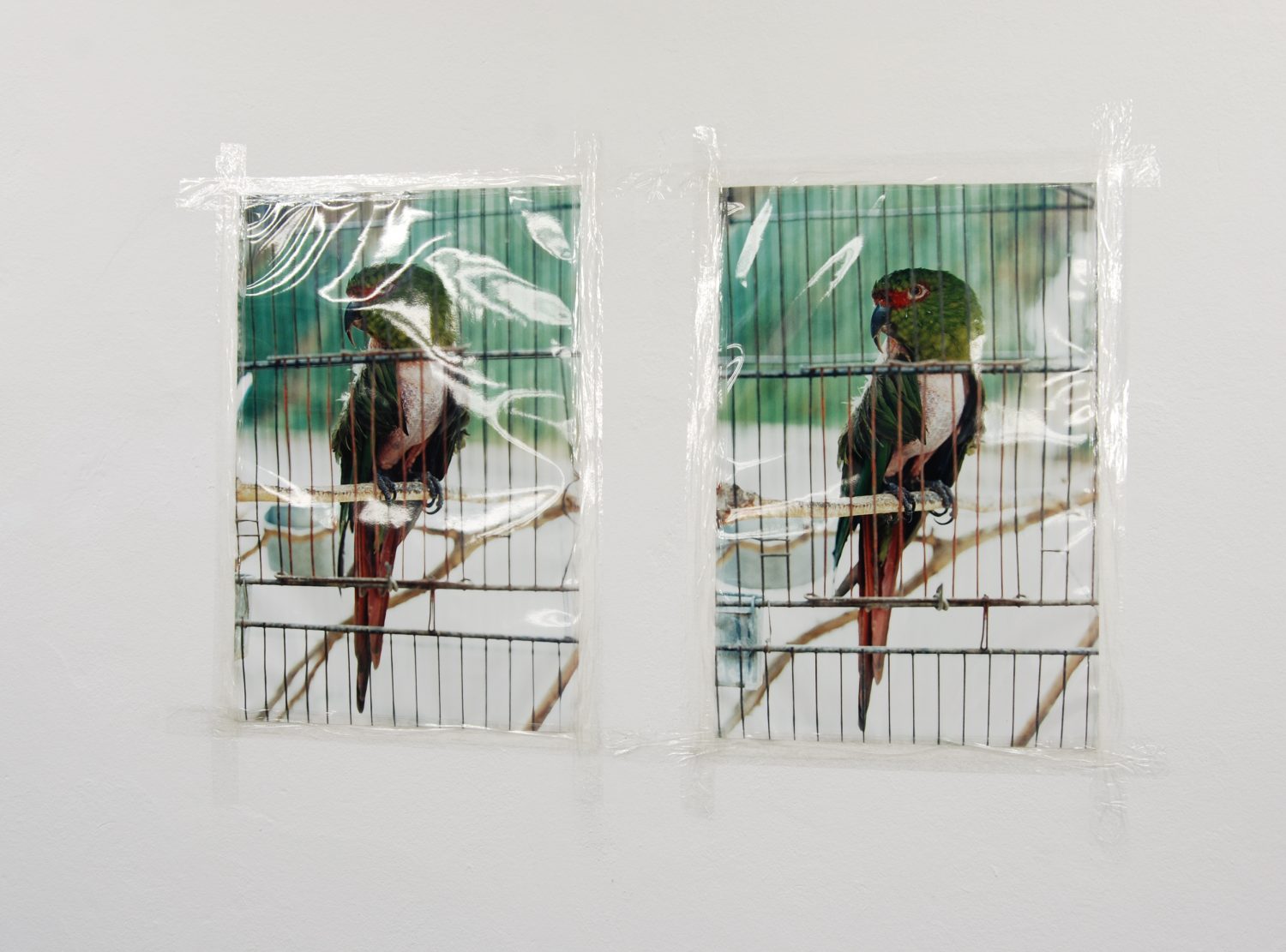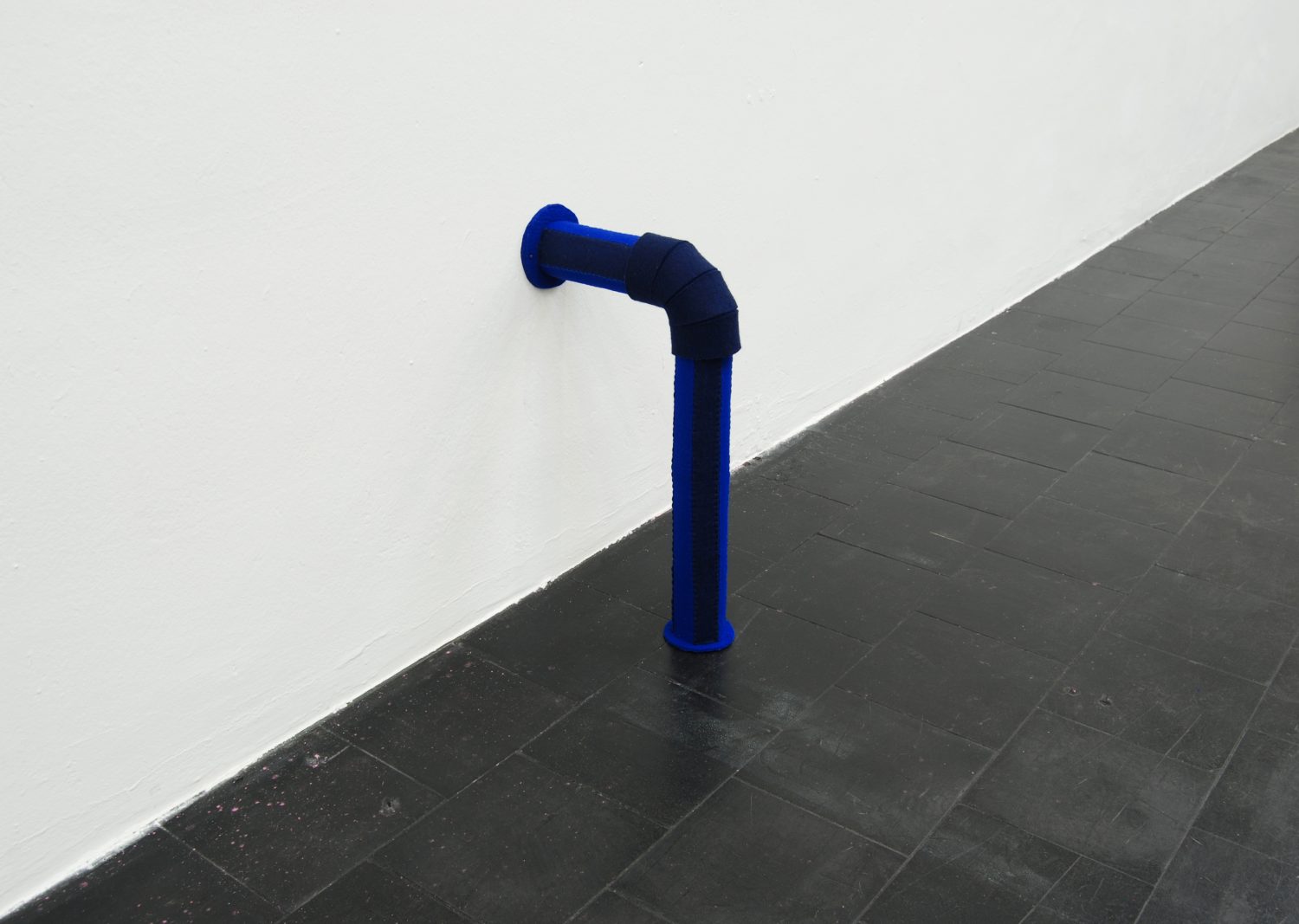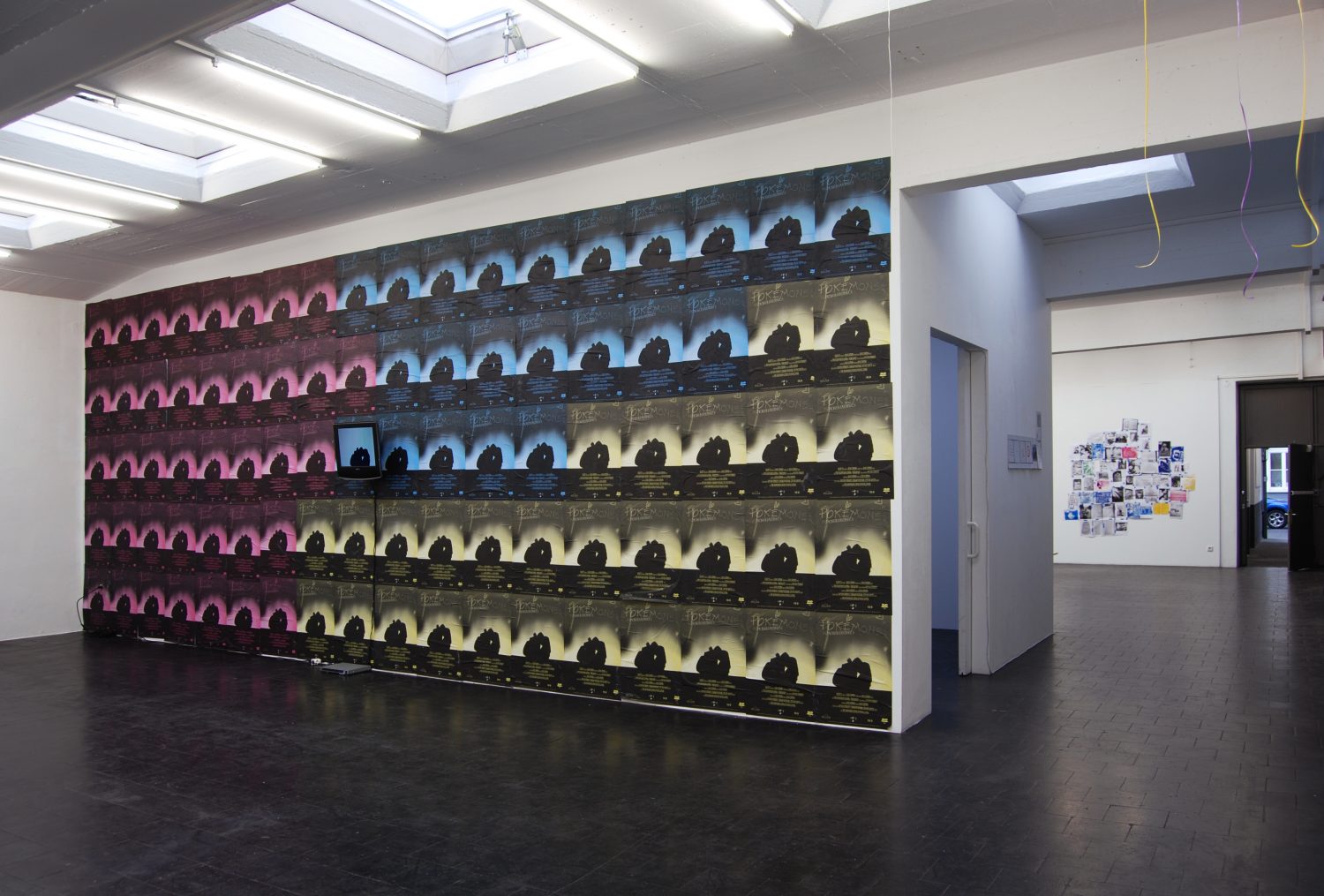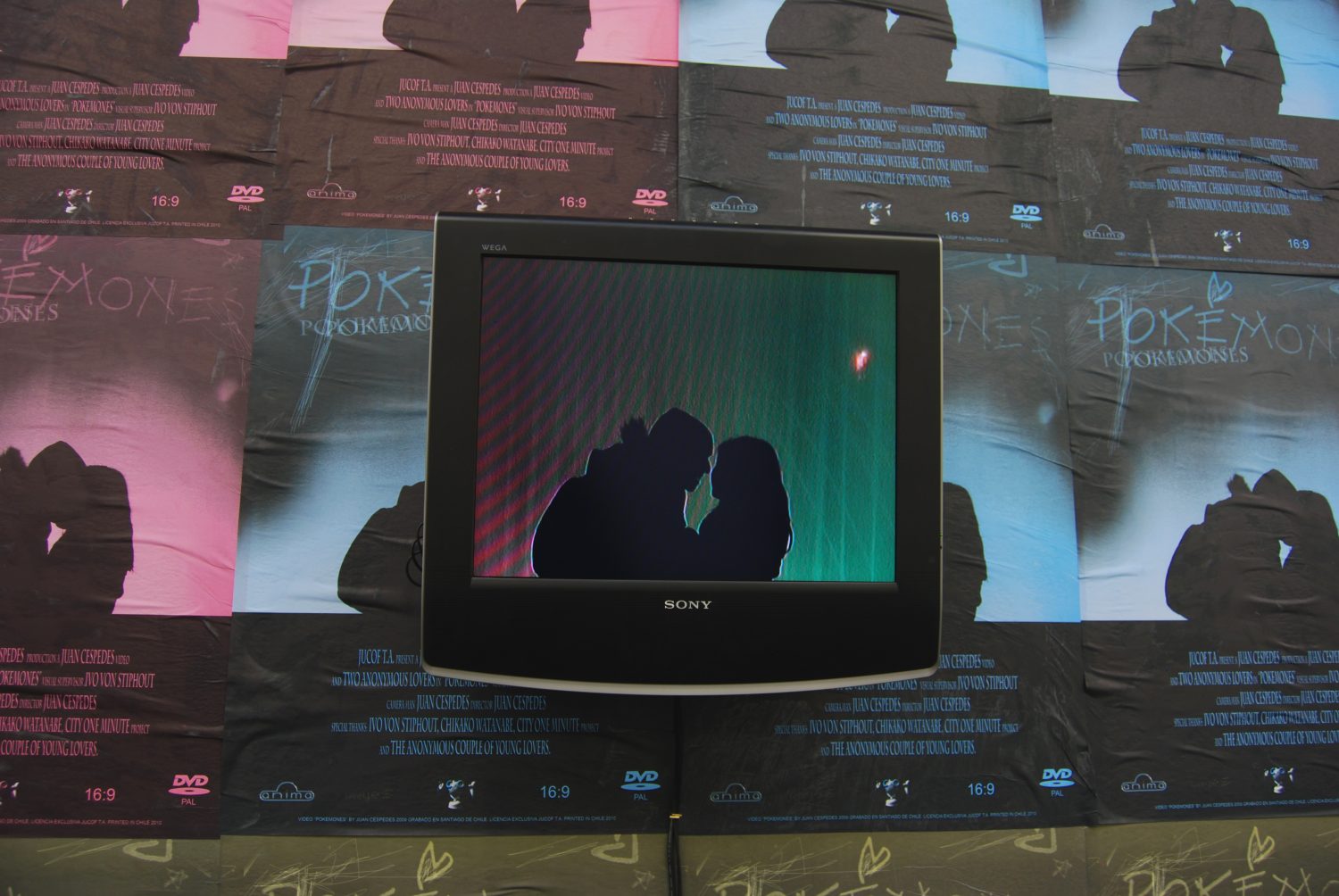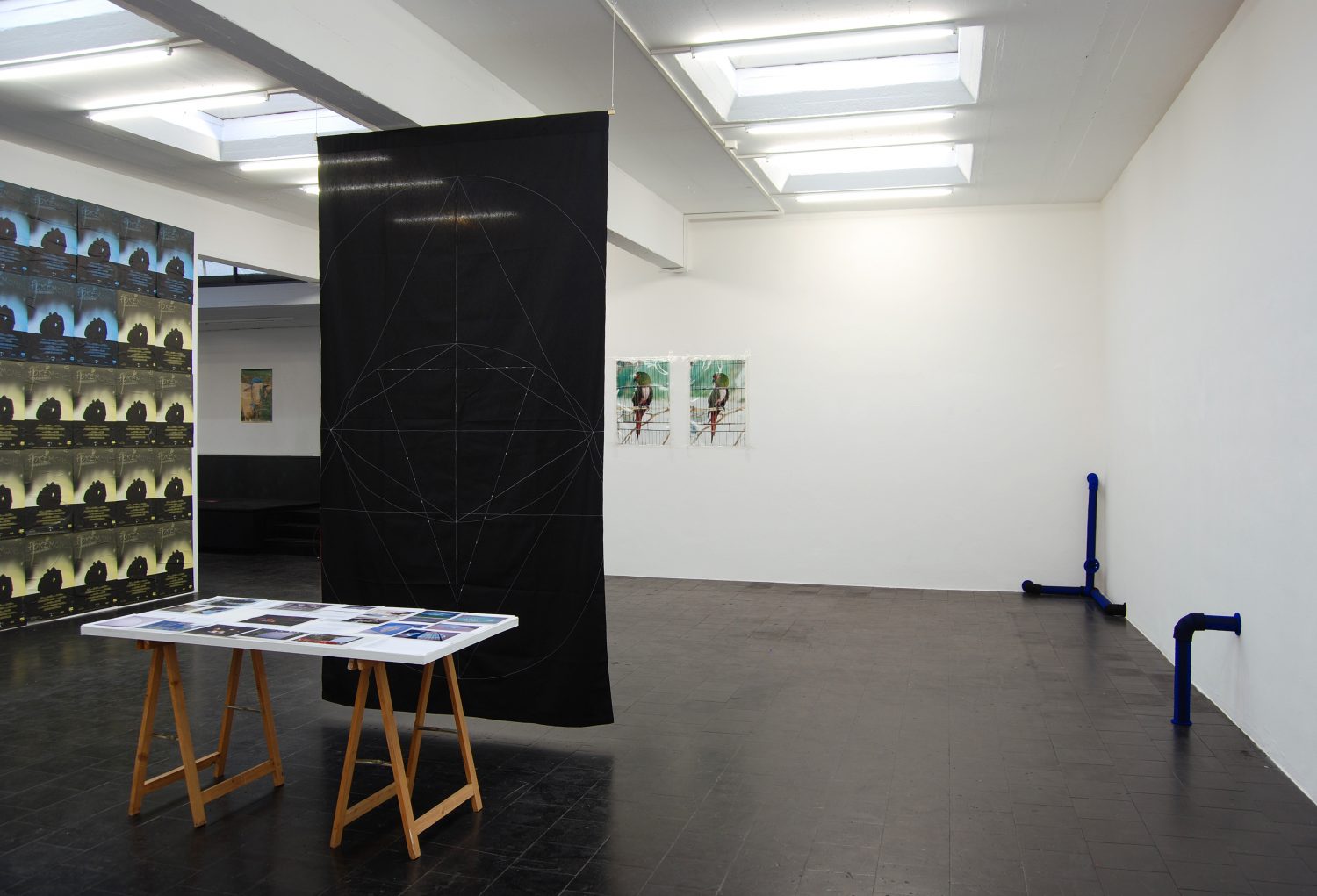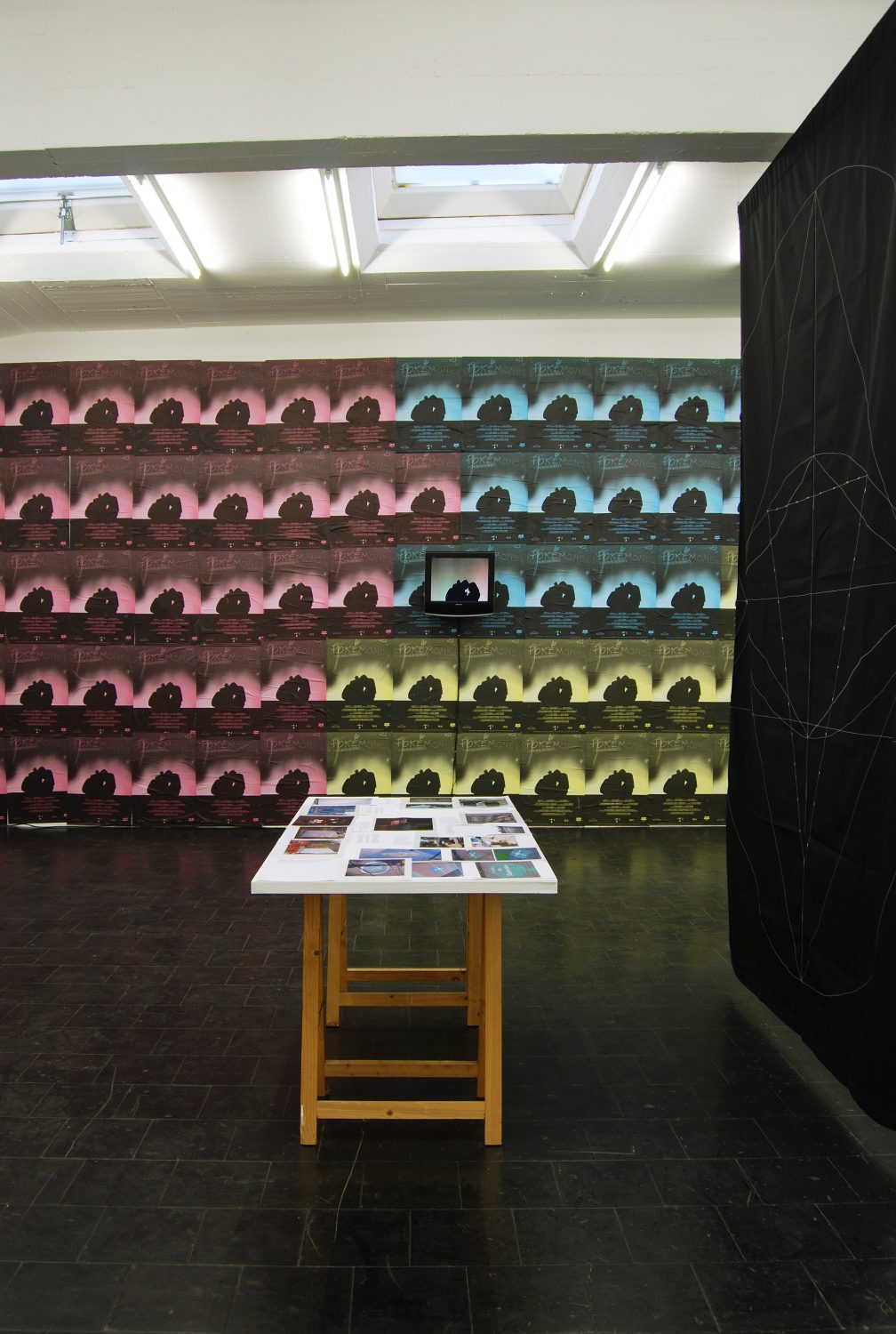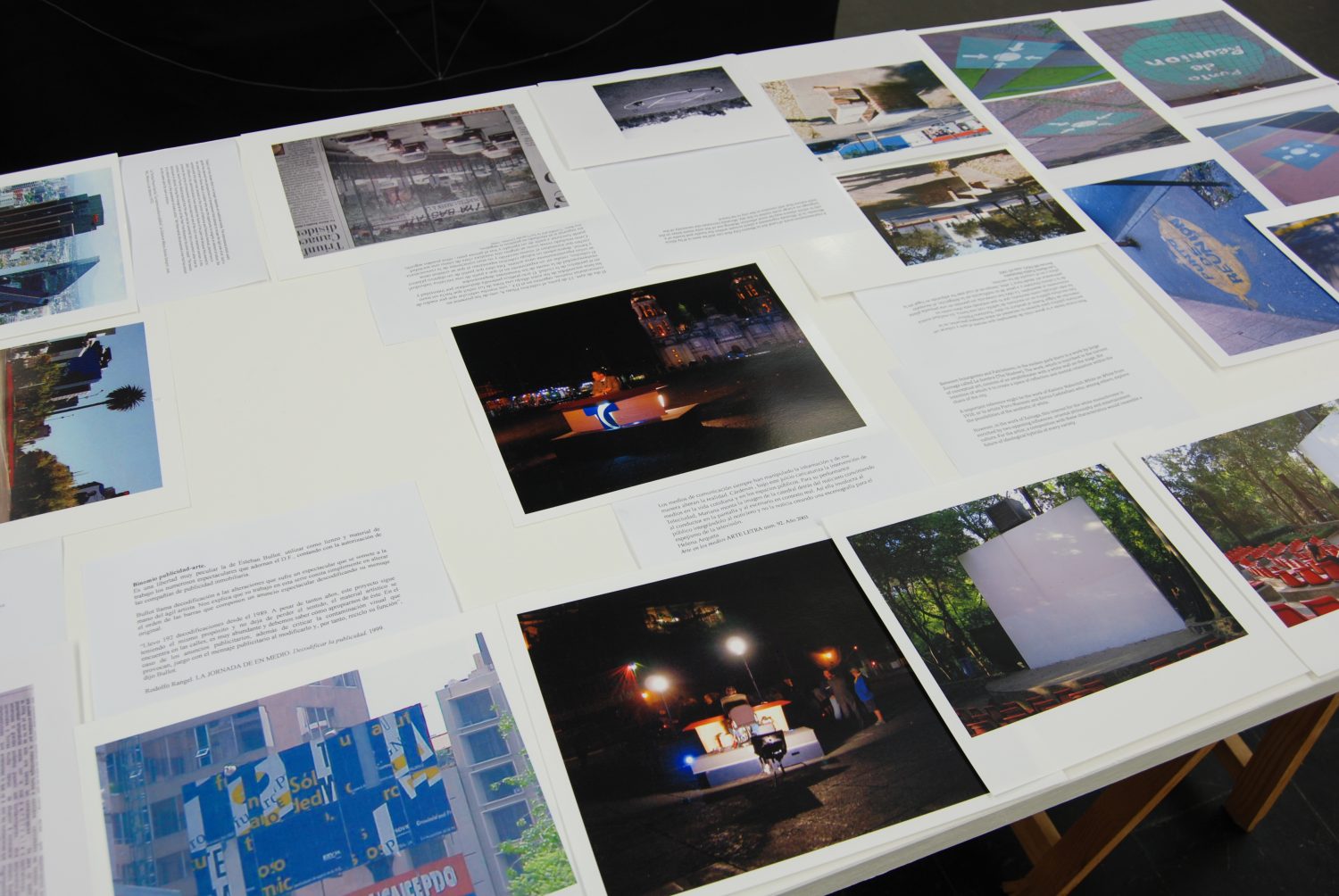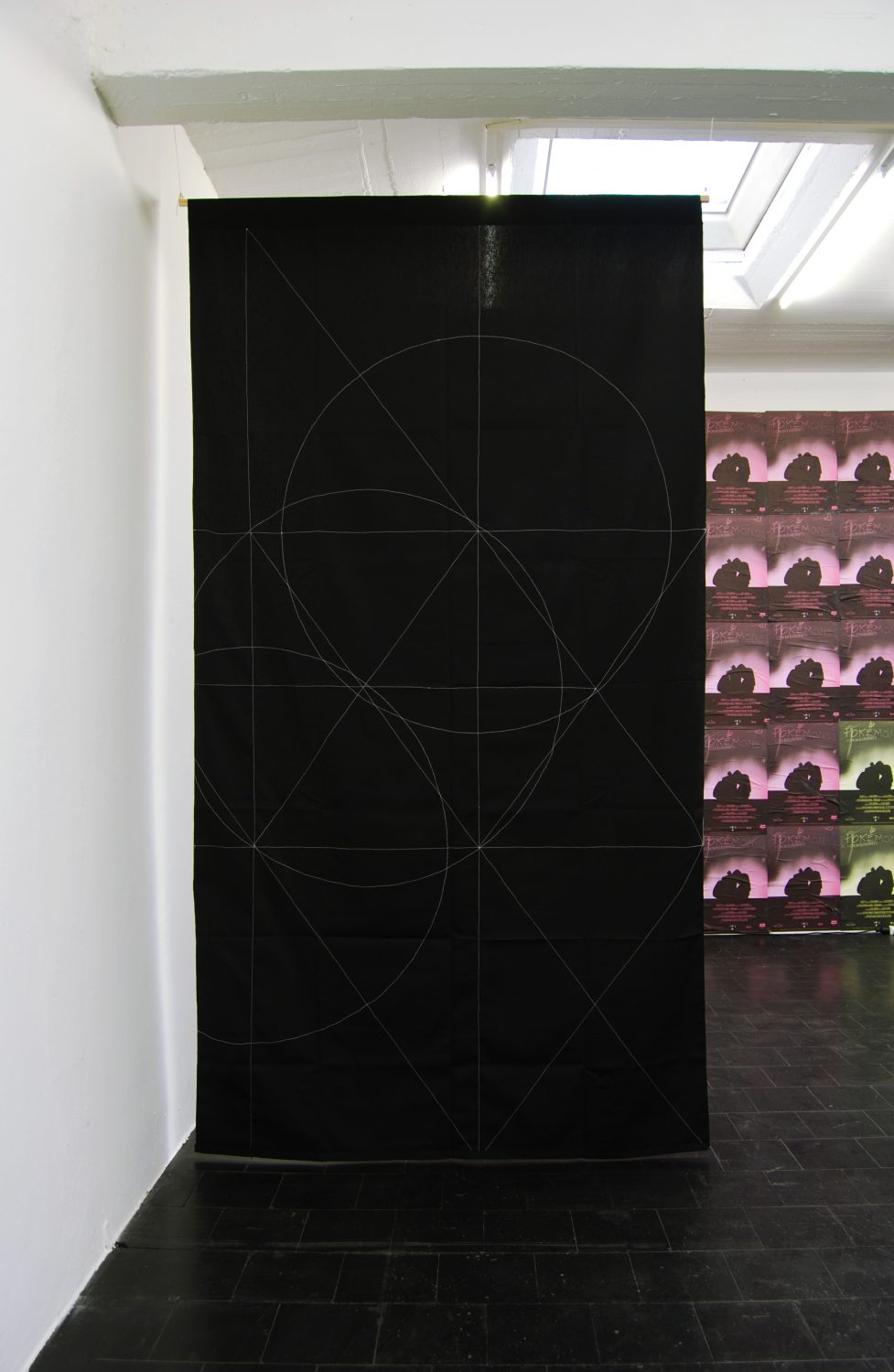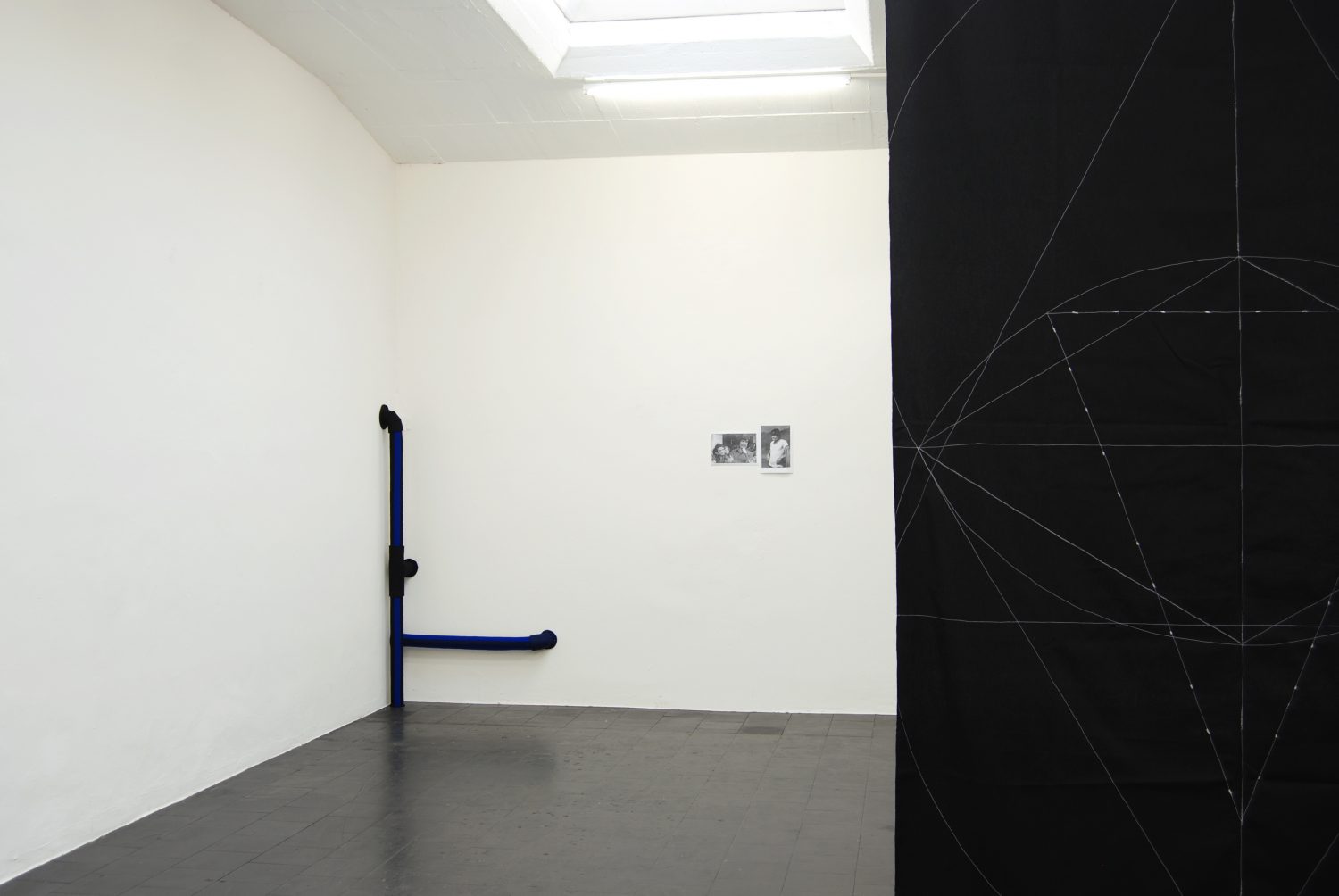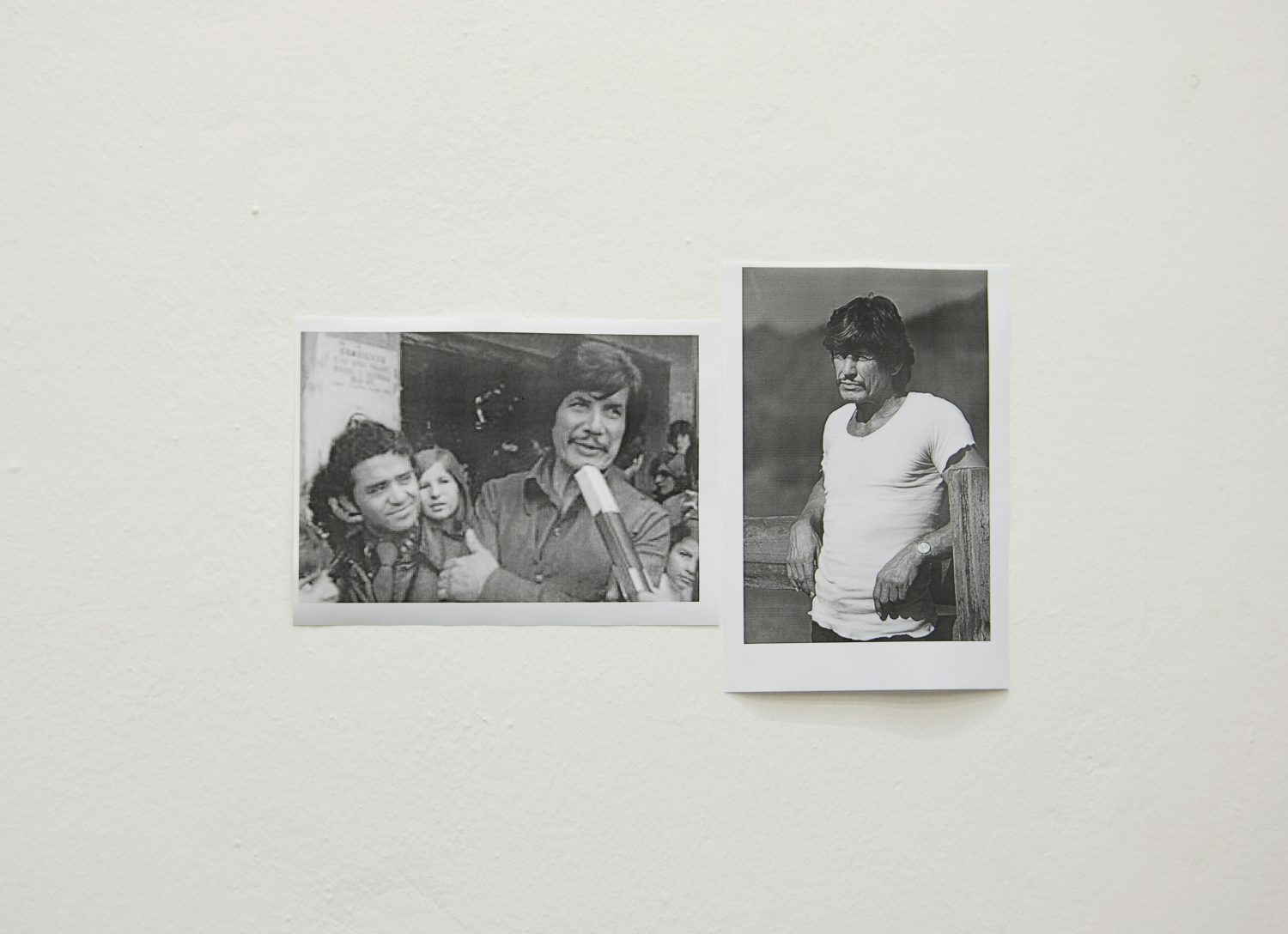2010 LIKE A RIVER THAT STOPS BEING A RIVER OR LIKE A TREE THAT IS BURNING ON THE HORIZON WITHOUT KNOWING IT IS BURNING
Installation views, Like a River That Stops Being a River or Like a Tree That is Burning on The Horizon Without Knowing it is Burning…
Group show organized by Felipe Mujica, Temporary Gallery, Cologne
October 15 – 28, 2010
Participating artists: Gabriel Acevedo Velarde, Juan Céspedes, Adriana Lara, Alessandra Pohlmann and Cristóbal Lehyt, Felipe Mujica, Itziar Okariz, Cristián Silva, Javier Téllez, José Luis Villablanca and Johanna Unzueta
^^^^^^^^^^^^^^^^^^^^^^^^^^^^^^^^^^^^^^^^^^^^^^^^^^^^^^^^^^^^^^^^^^^^^^^^^^^^^^^^^^^^^^^^^^^^^^^^
^^^^^^^^^^^^^^^^^^^^^^^^^^^^^^^^^^^^^^^^^^^^^^^^^^^^^^^^^^^^^^^^^^^^^^^^^^^^^^^^^^^^^^^^^^^^^^^^
Press Release: Organized by Felipe Mujica this exhibition intends to be a fragmented and collaborative review of Latin America; specifically focused on its potential meaning as a space and time of supposedly shared values and intentions, unresolved problems and failed solutions: a space and time where social and political utopias remain relatively alive in the daily life and work structure of many.
As a way to produce a critical dialogue each artist presents a piece of their own making and historical references of their work, which will be installed in an overlapping way and will work as counterparts and retroactive responses to the contemporary pieces. The historical references will or can be other artists’ work, examples of social movements, fragments of literature, photographs, manifestos, publications, music… these references will or can be originals or documentation presented in different mediums. Conformed by supposedly opposite forces – contemporary versus historic, original versus documentation, and so on – the interference between these poles aims to create both natural and forced interactions; temporal, formal and poetic clashes.
The reason to develop a project like this has to do with a search for a wider and more complex understanding of contemporary practices related to Latin America. Most of the participating artists live away from their place of origin, yet it is this same origin and the artist’s displacement that allows the production of a specific kind of work, one that is both traceable and untraceable, in line and misplaced, one that is interested in the almost failed act. The possibility of tracing relationships to personal and universal histories intends to add layers of possible interpretations to each work, both as individual unities and as part of a whole. Like a river that stops being a river or like a tree that is burning on the horizon without knowing it is burning intends to be considered as an experience more than an exhibition, as an investigation into a presentation model rather than a survey, what expectations people might have, of that specific region.
The chosen title is a phrase extracted from “2666”, the last novel by Roberto Bolaño, a Chilean writer who as a teenager immigrated to Mexico and later on to Spain, where he died at the age of 50 in 2003. He considered himself primarily a poet and began writing fiction novels late, in the early 1990s. “His writing is neither magical realism, nor baroque nor localist, but an imaginary, extraterritorial mirror of Latin America, more as a kind of state of mind than a specific place.” (Ignacio Echeverria, former literary editor of El País, Spain). This state is possibly what we are looking for.
….
